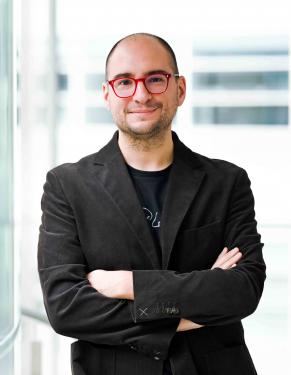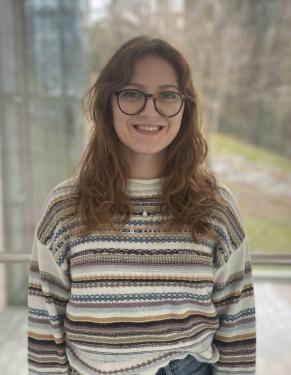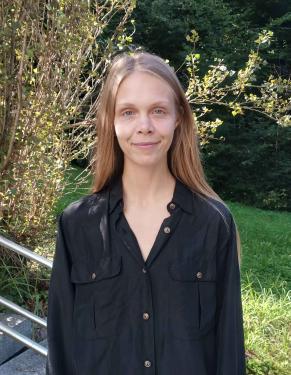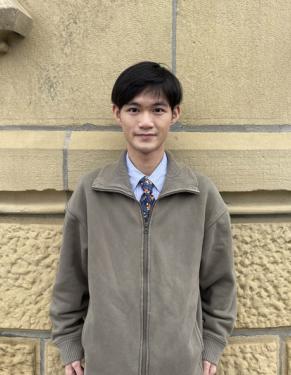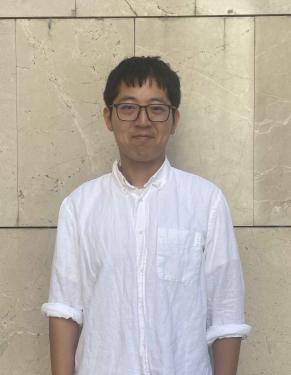Perceptual Inference
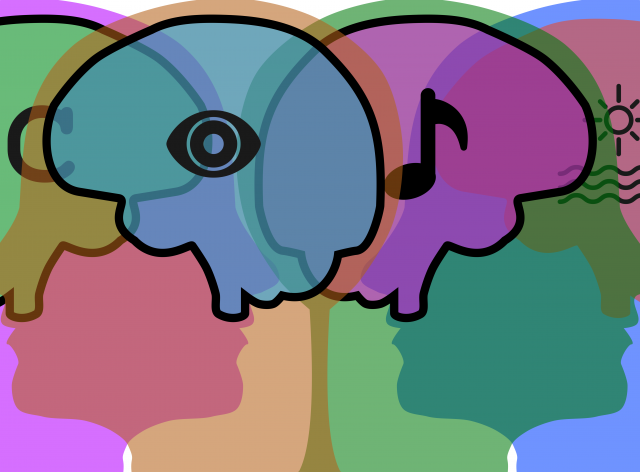
Perceptual Inference
Perceiving the world around us is extraordinarily complex. Consider hearing: from a degraded mixture of auditory signals, we manage to understand dialogues and to experience music. To do this, our brain needs to use the knowledge it acquired in the past to fill in the information that is missing in the auditory signals: to infer the auditory objects that produce what we are hearing.
The Perceptual Inference Group aims to understand the neural mechanisms responsible for this process. One of our most ambitious goals is to explain the perceptual inference of spoken language, a process that requires integrating information along multiple time-scales. For this reason we pay special attention to the role played by auditory subcortical structures and early-cortical stages, which present the fine temporal properties necessary to process dynamic speech sounds like phonemes.
Our topic is highly interdisciplinary and requires combining techniques from machine learning, dynamic system modelling, and ultra-high-resolution human neuroimaging. We also collaborate closely with animal electrophysiologists, whose data allows to inspect neural dynamics in greater detail, and with clinical researchers, who help us transferring our results to the study of schizophrenia and dyslexia.
The long term objective of the group is to understand how our subjective priors and expectations shape our experience of reality, giving rise to prejudices and perceptual biases, but also optimizing cognition.
Get in touch if you are interested in our research: we are actively looking for talented PhD students and postdoc to join our group!
Our team
Publications
2024
Are you interested in joining us?
We believe our diversity makes for better science
In BCBL we promote the professional development of all our staff members.
Take a look at our current job offers to join our team and participate in international research projects.
I want to work at the BCBL